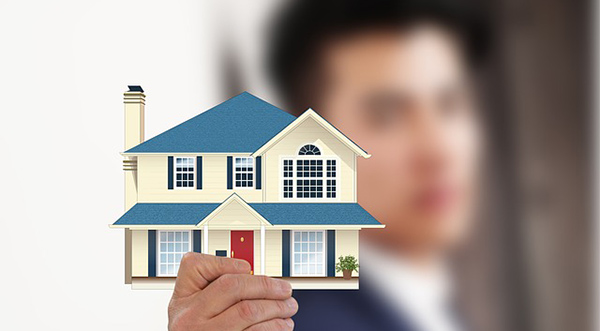How to Make Money on Investment Property in Florida
By Space Coast Daily // January 25, 2022

If you have the funds and the time to consider investing in real estate, there’s probably no better place to do this than Florida, the Sunshine State. But even here, not every investment is going to be a profitable one. Read this guide to see how you can make money on real estate and how to find a prime investment opportunity in FL.
Your options in real estate
Long-term rental
Purchasing a residential home or apartment to rent it out is probably the classic way of making a small real estate investment. This arrangement may not provide huge profits upfront, but you’ll be getting a constant stream of revenue for the length of the mortgage. When the mortgage is paid with the help of your tenants, you essentially receive the rental property at 20% of the cost, or whatever the downpayment was.
The downside is that if you fail to fill the rental with tenants, you’re stuck with all the expenses a mortgage brings.
Airbnb
Another option you have is instead of renting your house to long-term tenants, you can rent it via Airbnb or a similar service. You charge guests daily, and the price typically is far greater than you can ask for with a year-long lease contract.
The downside is that the demand for Airbnb rentals tends to be high only during certain seasons, and even then, you can’t expect to book every day in the high season. In most other states, purchasing a rental property to use for Airbnb would be a risky investment.
In Florida, however, the weather attracts tourists all throughout the year and you can expect to earn enough during the high season to pay for a mortgage in the winter. To estimate the approximate income you can get from a property, you can use an Airbnb calculator. Enter the information about your rental in this tool, and you will see rough estimates on what your occupancy rate and rental income is going to be.
Commercial property
Commercial property can bring in a lot more income than residential, but comes with a handful of downsides. The upfront cost of the property is several times higher than what you’d typically see on the residential property market. Managing a property like this can also take a lot of time and money — you’d be surprised by the number of unexpected expenses.
House flipping
The last option is flipping houses. You may feel like this is the way to go because of the enormous profit margins (40% is considered low), but it has a lot of pitfalls that can spell financial trouble for a novice investor. In short, you need to know what you’re doing to make a $30,000 profit on the property. Otherwise, you can lose much more than that.
Finding a good property
Now that you know what your options for making a profit are, here are some general guidelines you need to follow if you want to purchase the right property.
Find a deal that promises a good ROI
The most important thing in investing is being able to make a profit on your asset. When you’re choosing a rental, you’re mostly considering the monthly mortgage payment in relation to the average rent you can expect to charge in the area. For house flipping, you’re looking at the average price of the house in the area, the price of the renovation, and the price of the investment property.
If the numbers are rights, you can check everything else on the list, but if you’re not sure you can actually make a profit on the property, it’s time to search for another one.
Choose the neighborhood, not the house
Next up on your checklist is checking the surrounding area. Now, it should be clear that the investment property you’re about to buy must have good structural integrity and zero issues that would need a $10,000 fix before the actual renovation. You want to hang drywall and remodel the kitchen, not rebuild the piping from the ground up.
But if you buy a house in perfect condition at a bargain and it happens to be in the area where businesses are closing doors, you just got yourself a money pit. You need to consider the whole neighborhood before making the purchase, not just the house. Here are some steps you can do.
Walking or driving around the area should give you an initial idea of the place. If there are a lot of occupied buildings, the area is kept up well, and you see kids playing outside, it’s probably going to be popular with potential tenants.
Another step you could take is visiting a couple of local businesses. What local restaurants are like during peak hours should serve as an indicator of how well off the neighborhood is.
Apart from taking a look and judging for yourself, you can use more precise methods. For instance, you can look at the job market in the area. If job ads in close proximity are few and far between, it could mean that jobs are shrinking and few tenants would want to live there.
Looking at zoning and development plans in the municipality also can provide insight into what the future holds for the area. Employers building new facilities is a very good sign for your profit margins.
Consider natural disasters
The last point is especially important in Florida. The state’s position makes it vulnerable to hurricanes and floods. So if you’re not familiar with the state’s geography, it’s best to check what areas are the most likely to suffer and hedge against the risks.












